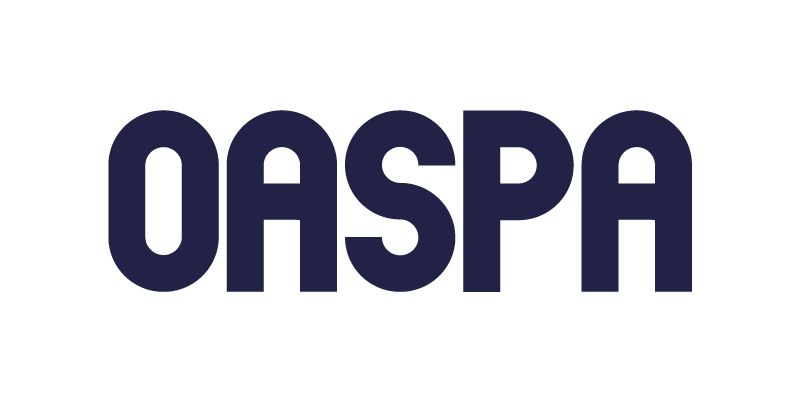Learn
Relentless Pursuit of ‘Why’
We dig deeper to uncover new insights, perspectives, and possibilities tailored specifically for you. Our insatiable curiosity and commitment to learning empower us to provide you with valuable insights that truly make a difference in your journey.
Discover how Delta Think delivers actionable intelligence.
Plan
Action Driven by Evidence
With our extensive industry knowledge and expertise, we craft custom strategies that align perfectly with your unique goals. Together, we chart a path to success that maximizes your potential and fuels growth. Your success is our priority.
Elevate your strategy and impact with Delta Think guidance.
Achieve
Fueling Success
We are committed to bringing you results that propel you to new heights. Whether it's launching your strategy, expanding your reach, or unlocking untapped opportunities, our collaborative efforts pave the way for transformative change.
Explore what Delta Think can do for you!
News & Market INSIGHTS








